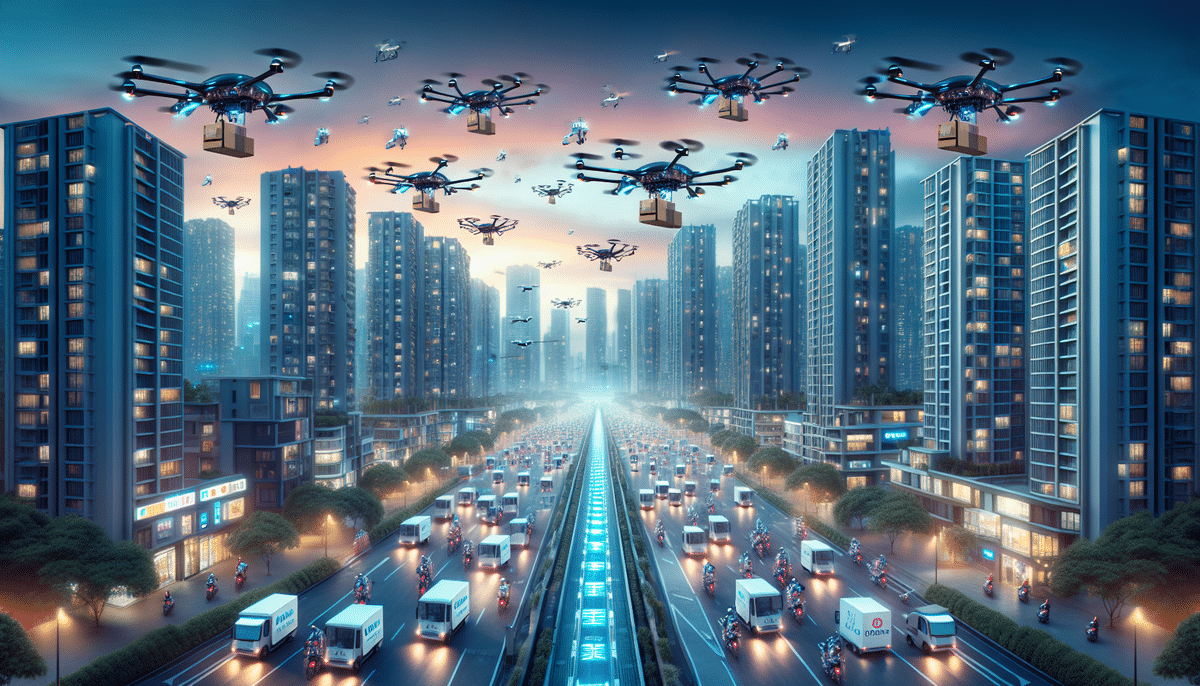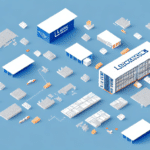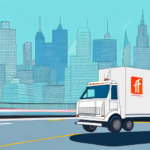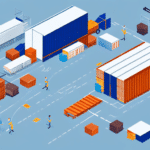The Benefits of Last Mile Delivery Services
Last mile delivery services have become a vital component of the retail industry. Acting as the final link in the supply chain, these services bridge the gap between distribution centers and customer doorsteps. With the exponential growth of e-commerce, there's been a significant increase in demand for efficient last mile delivery solutions. These services enable businesses to streamline their delivery operations, enhance customer satisfaction, and stay competitive in today's fast-paced market. In this article, we explore the myriad benefits of last mile delivery services and how they empower businesses to thrive.
Understanding Last Mile Delivery
What is Last Mile Delivery?
Last mile delivery refers to the transportation of goods from a distribution center directly to the final destination, typically the customer's doorstep. This phase is crucial as it directly impacts customer satisfaction and overall delivery efficiency.
Key Components of Last Mile Delivery
- Advanced Technology: Utilization of GPS tracking, route optimization software, and real-time monitoring to ensure timely deliveries.
- Efficient Logistics Systems: Streamlined processes to handle deliveries swiftly and securely.
- Specialized Vehicles and Personnel: Equipped to handle small quantity deliveries efficiently.
The Evolution and Importance of Last Mile Delivery
Historical Perspective
Traditionally, last mile deliveries were handled by courier services using bicycles or on foot. However, advancements in technology and logistics have transformed this sector, introducing drones, autonomous vehicles, and robotic deliveries.
Why It's Essential Today
The surge in e-commerce, accelerated by the COVID-19 pandemic, has made last mile delivery services indispensable. Customers now expect faster, more reliable, and flexible delivery options. According to a ShipScience E-commerce Growth Report 2023, online sales have grown by 25% year-over-year, emphasizing the critical role of last mile delivery in meeting consumer demands.
Benefits of Last Mile Delivery Services
Enhanced Customer Experience
Providing fast and reliable deliveries boosts customer satisfaction and loyalty. Real-time tracking and flexible delivery windows allow customers to receive their orders at their convenience.
Improved Operational Efficiency
Advanced logistics systems and route optimization enhance delivery efficiency, reducing costs and delivery times. Businesses can manage higher order volumes without compromising on service quality.
Increased Revenue and Market Reach
Last mile delivery opens new sales channels through e-commerce, enabling businesses to reach customers in remote areas. This expansion can lead to increased revenue streams and market penetration.
Cost Reduction
Outsourcing last mile delivery can significantly reduce overhead costs associated with maintaining delivery fleets and staffing, allowing businesses to allocate resources more effectively.
Technological Innovations in Last Mile Delivery
Automation and Robotics
Autonomous vehicles and delivery robots are revolutionizing last mile delivery by reducing labor costs and increasing delivery speeds. For example, companies like Amazon and Walmart are integrating robotic systems to enhance their delivery capabilities.
Drones and Air Deliveries
Drones offer a rapid and efficient method for delivering packages, especially in hard-to-reach areas. According to a study by ShipScience Drone Delivery Trends 2023, drone deliveries can reduce delivery times by up to 60% in urban areas.
Artificial Intelligence and Machine Learning
AI and machine learning algorithms optimize delivery routes, predict delivery times, and enhance inventory management. These technologies enable businesses to make data-driven decisions, improving overall delivery performance.
Sustainability in Last Mile Delivery
Eco-Friendly Delivery Vehicles
Electric vehicles (EVs) and bicycles are increasingly being used to reduce carbon emissions associated with deliveries. Companies like UPS and FedEx are investing in EV fleets to promote sustainable delivery practices.
Sustainable Packaging Solutions
Using recyclable and biodegradable packaging materials helps minimize environmental impact. Sustainable packaging not only appeals to environmentally conscious consumers but also aligns with global sustainability goals.
Energy-Efficient Logistics
Implementing energy-efficient logistics systems, such as optimized routing and consolidated deliveries, reduces fuel consumption and lowers the overall carbon footprint of delivery operations.
Challenges and Solutions in Last Mile Delivery
Traffic Congestion and Urban Delivery
Delivering in densely populated urban areas often leads to delays due to traffic congestion. Solutions include using smaller, more maneuverable delivery vehicles and implementing dynamic routing algorithms to avoid traffic hotspots.
Package Theft and Security
Package theft, or "porch piracy," is a growing concern. Implementing secure delivery methods, such as lockers and requiring signature confirmations, can mitigate this issue. Additionally, real-time tracking provides transparency and ensures packages are delivered securely.
High Delivery Costs
The cost of last mile delivery is often higher due to the need for specialized vehicles and labor. Innovations like drone deliveries and autonomous vehicles can help reduce these costs by minimizing reliance on human labor and optimizing delivery routes.
The Future of Last Mile Delivery
Integration of Augmented Reality (AR)
AR can enhance the delivery experience by providing real-time information to delivery personnel, such as optimized routes and customer preferences, thereby improving efficiency.
Smart Infrastructure
Developing smart infrastructure, including dedicated delivery zones and optimized traffic management systems, will facilitate smoother and faster deliveries.
Personalized Delivery Experiences
Leveraging customer data to offer personalized delivery options, such as preferred delivery times and locations, will enhance customer satisfaction and loyalty.
Global Expansion of Last Mile Solutions
As e-commerce continues to grow globally, last mile delivery services will expand to cater to diverse markets, incorporating local delivery preferences and regulatory requirements.
Best Practices and Case Studies
Choosing the Right Delivery Partner
Selecting a reliable and efficient last mile delivery service provider is crucial. Businesses should conduct thorough research, review provider track records, and ensure the provider can offer customized solutions tailored to their specific needs.
Optimizing Business Operations
Integrating last mile delivery into the overall supply chain strategy involves utilizing advanced logistics systems and collaborating with delivery partners to enhance operational efficiency. This integration ensures seamless operations and meets customer expectations effectively.
Successful Implementations
Leading brands have demonstrated the successful implementation of last mile delivery services. For instance, Amazon has invested heavily in drone technology to expedite deliveries, while Walmart has explored robotic deliveries to enhance efficiency. These case studies highlight the potential of innovative delivery solutions in improving service quality and operational efficiency.
Conclusion
Last mile delivery services offer a multitude of benefits for businesses, including enhanced customer experiences, improved operational efficiency, and increased revenue opportunities. As technology continues to evolve, the future of last mile delivery looks promising with advancements in automation, sustainability, and personalized delivery solutions. To remain competitive, businesses must embrace these services, implement advanced logistics systems, and collaborate with reliable delivery partners that can provide tailored solutions to meet their unique needs.



















